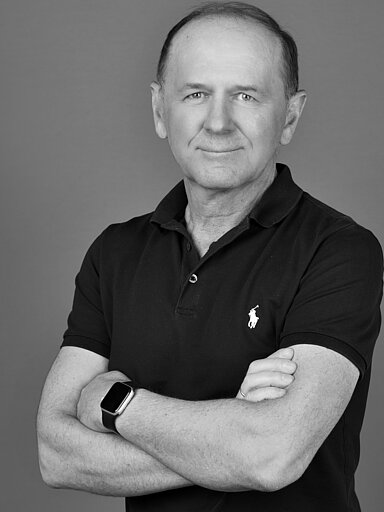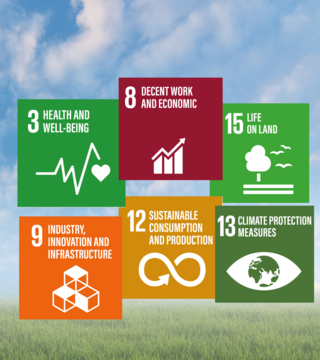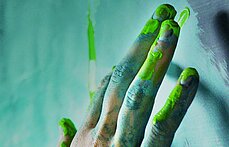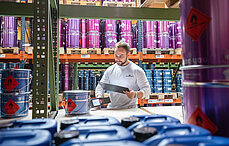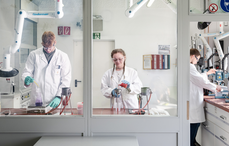The UN Sustainable Development Goals (SDGs) as a benchmark
Our responsibility for people and the environment
We know that as a coating and stain manufacturer we bear a very special ecological responsibility. Solvent -based lacquers cause avoidable emissions and the depletion of non-regenerable raw materials. Such products also have negative impacts on the health of those processing them. In order to live up to this responsibility, we are basing our corporate alignment on the United Nations (UN) Sustainable Development Goals (SDGs), which came into force in 2016.
Which SDG’s are important to us as a manufacturer of chemical products? Read here in relation to each UN Sustainable Development Goal the corresponding measures that we derive from it.
SDG 3 – Good health and well-being
SDG 8 – Decent work and economic growth
SDG 9 – Industry, innovation and infrastructure
SDG 12 – Responsible consumption and production
SDG 13 – Limiting and adapting to climate change
SDG 15 – Life on land
A sustainable vision
requires a product range revamp
As a family-run company with intergenerational history, we feel compelled to assume responsibility for subsequent generations. So we’re completely restructuring our product range:
by 2030 we want to replace all solvent-based products in our product range with sustainable alternatives and will be relying on regenerative raw materials. Our goals are to reduce the emission of volatile organic compounds (VOCs) and to achieve maximum resource conservation.
We completely discontinued our production of nitrocellulose lacquers at the end of 2023. And we’re currently subjecting all other formulations that contain solvent to a review on the test bench. It’s our ambitious objective to replace as far as possible all raw materials we use with sustainable alternatives by 2030.
This is how we seek to make an active contribution to preserving a world worth living in for future generations and to meet future market requirements.
All the details concerning our Vision 2030, our ongoing transformation process and current changes in our product range are available on the following pages:
Success Stories
The switch to Hydro lacquer

Success Stories
The switch to Hydro lacquer
Our modern water-based lacquers have now achieved a high level of quality. There are now sustainable alternatives for each application involving interior fittings. Many of our customers have realised this. Here are a few examples from people who talk freely about their transformation experiences.
Both proprietors as well as lacquering operatives and planners report in detail about hurdles and successes with the introduction of Hydro lacquer into their companies.
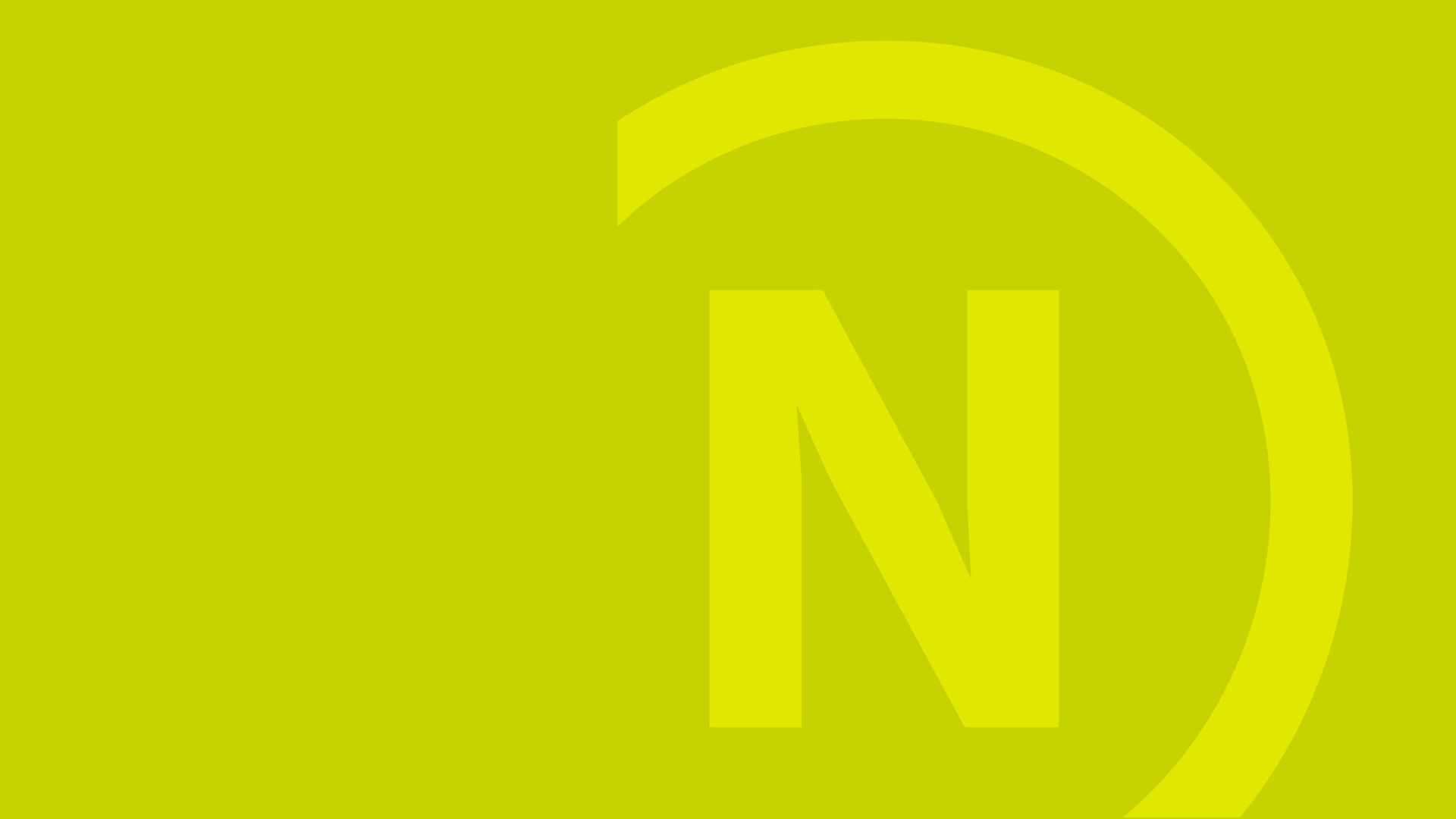
Report according to DNK criteria
The DNK (Deutscher Nachhaltigkeitskodex, German Sustainability Code) is a project run by the Rat für Nachhaltige Entwicklung (RNE, German Council for Sustainable Development) and has the objective of promoting sustainable economic practices. The DNK supports companies in establishing a sustainability strategy and offers an entry into sustainability reporting. Regular reporting reveals each company’s development over time. The Corporate Database sits at the core of the DNK and contains all declarations made under the German Sustainability Code.
Our aim was to fulfil all required DNK criteria. And we’ve achieved that! Our sustainability manager, Wolfgang Jantz, coordinated all the tasks required for this and successfully completed submission of the first DNK report.
Put your questions to us

Jantz
